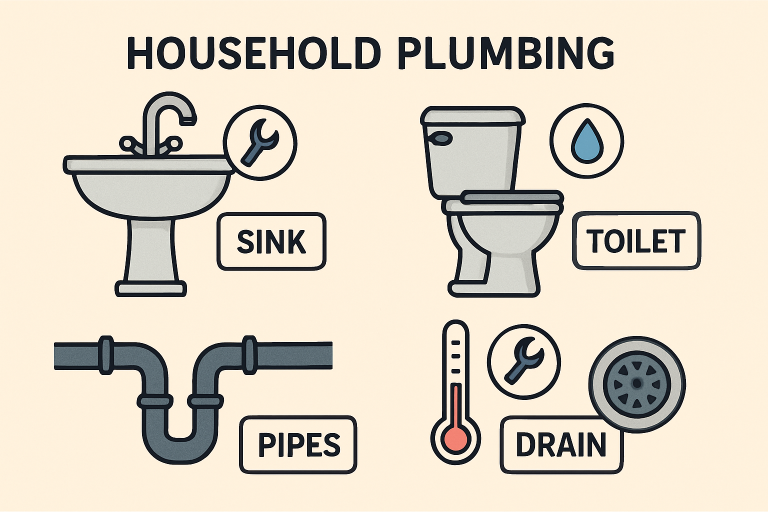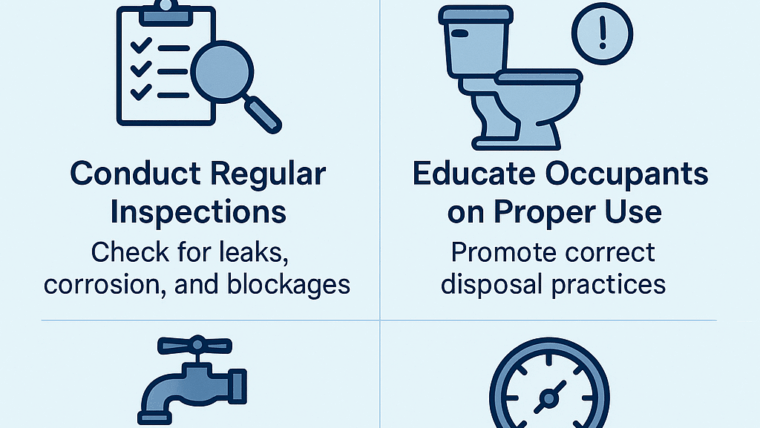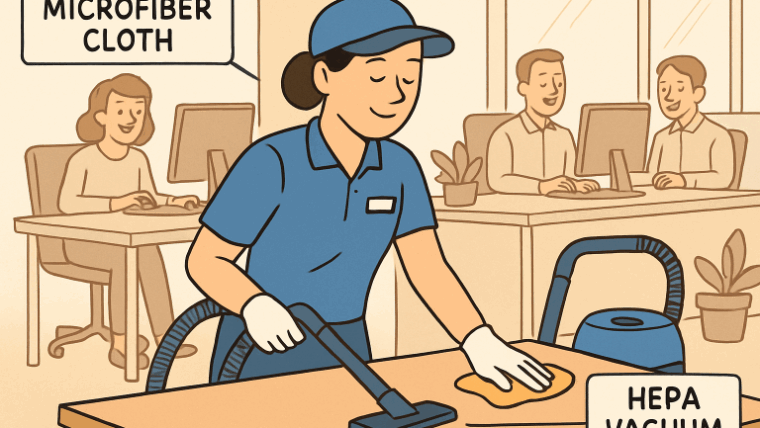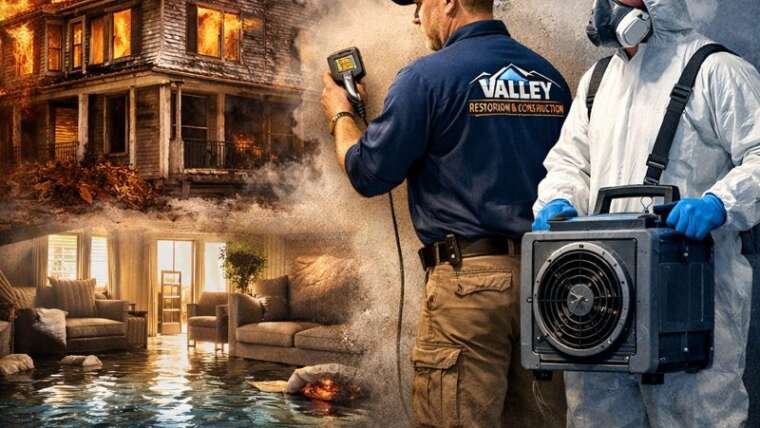Maintaining your home’s plumbing system isn’t just about convenience—it safeguards your property and saves you from costly repairs. Whether you’ve lived in your house for decades or recently moved in, adopting smart plumbing practices can help you avoid most issues before they start. By employing simple strategies and remaining vigilant, you can safeguard your home and enjoy peace of mind throughout the year. Should you ever run into complications beyond your comfort level or skill, a professional plumber Westminster CO can step in to help resolve complex matters and ensure lasting repairs.
Effective plumbing maintenance requires regular inspections, careful use of drains, and precautions during colder months. Even if everything seems fine, small issues can escalate. Staying proactive extends the lifespan of fixtures and pipes, conserves water, and benefits the environment. Promptly responding to changes, such as shifts in water pressure or unusual pipe sounds, prevents major problems. Knowing when to call a professional is key. Combining expert advice, household tips, and credible resources keeps your plumbing in top shape year-round.
Table of Contents
Regular Inspections
Scheduling regular plumbing inspections is one of the best ways to prevent emergencies. Examine exposed pipes for leaks, rust, or condensation, and check under sinks and behind appliances for moisture or standing water. A small leak can cause structural damage over time and may signal failing seals or loose fittings. Don’t forget to inspect outdoor faucets and hoses for leaks as well. Catching these signs early prevents more extensive and expensive repairs down the road.

Proper Use of Drains and Toilets
What goes down your sink and toilet matters more than you might realize. Kitchen sinks are particularly vulnerable to blockages from grease, coffee grounds, and food scraps—all of which should be disposed of in the trash rather than poured down the drain. Installing mesh filters over your drains can catch debris and prevent clogs. In bathrooms, only flush human waste and toilet tissue; wipes, sanitary products, and paper towels don’t break down easily and may create stubborn blockages. Educating other household members about these guidelines can save everyone a hassle.
Protecting Pipes from Freezing
Frozen pipes pose a significant risk in colder climates and can burst quickly, flooding your home and causing thousands of dollars in damage. To prevent this, insulate pipes in attics, crawlspaces, and garages—these are the most exposed and therefore the most vulnerable. During severe cold snaps, maintain your home’s temperature at a minimum of 55°F, and let faucets drip slightly to keep water moving.
Monitoring Water Pressure
Consistently high water pressure may seem beneficial, but it puts unnecessary strain on your plumbing system, increasing the risk of leaks and damaged appliances. Use a simple gauge to measure your home’s water pressure, aiming for the safe range of 40-60 psi. If readings exceed this, consider installing a pressure-reducing valve on your main water line. Audible pipe noises, dripping, or unexpectedly high water bills may all indicate pressure issues, which should be addressed promptly to protect your pipes, fixtures, and appliances.
Beyond pressure concerns, the quality of the water itself plays a crucial role in the longevity and efficiency of your plumbing. Hard water, for instance, can lead to mineral buildup in pipes and appliances, reducing their lifespan and increasing energy consumption. Contaminants like chlorine or sediment can also degrade plumbing materials over time and affect the taste and safety of your tap water. Investing in a comprehensive whole house water filtration system can address these underlying issues, safeguarding your entire home’s water supply. Such systems not only protect your plumbing infrastructure but also ensure cleaner, healthier water for all household uses, from drinking to bathing.
Knowing When to Call a Professional
While proactive habits and simple DIY fixes can often handle many plumbing issues, others require the expertise of a professional. Persistent leaks, sewer backups, poor water quality, or recurring clogs indicate a need for professional plumbing services. They possess the necessary tools and skills to address complex sewer issues or conduct video inspections. Quick repairs help prevent water damage, mold, and ongoing issues. Regular maintenance, good habits, and early action can reduce common plumbing problems and protect your home. If needed, contact a trusted local expert for long-lasting, reliable plumbing solutions.
Conclusion
In conclusion, protecting your plumbing system comes down to striking a balance between preventive care, mindful daily habits, and knowing when to seek expert assistance. From regular inspections and proper drain use to monitoring water pressure and safeguarding pipes in colder weather, small proactive steps can save you from costly emergencies. By staying attentive and acting promptly when issues arise, homeowners can prolong the life of their plumbing, prevent unexpected disruptions, and maintain a safe and efficient home environment.


